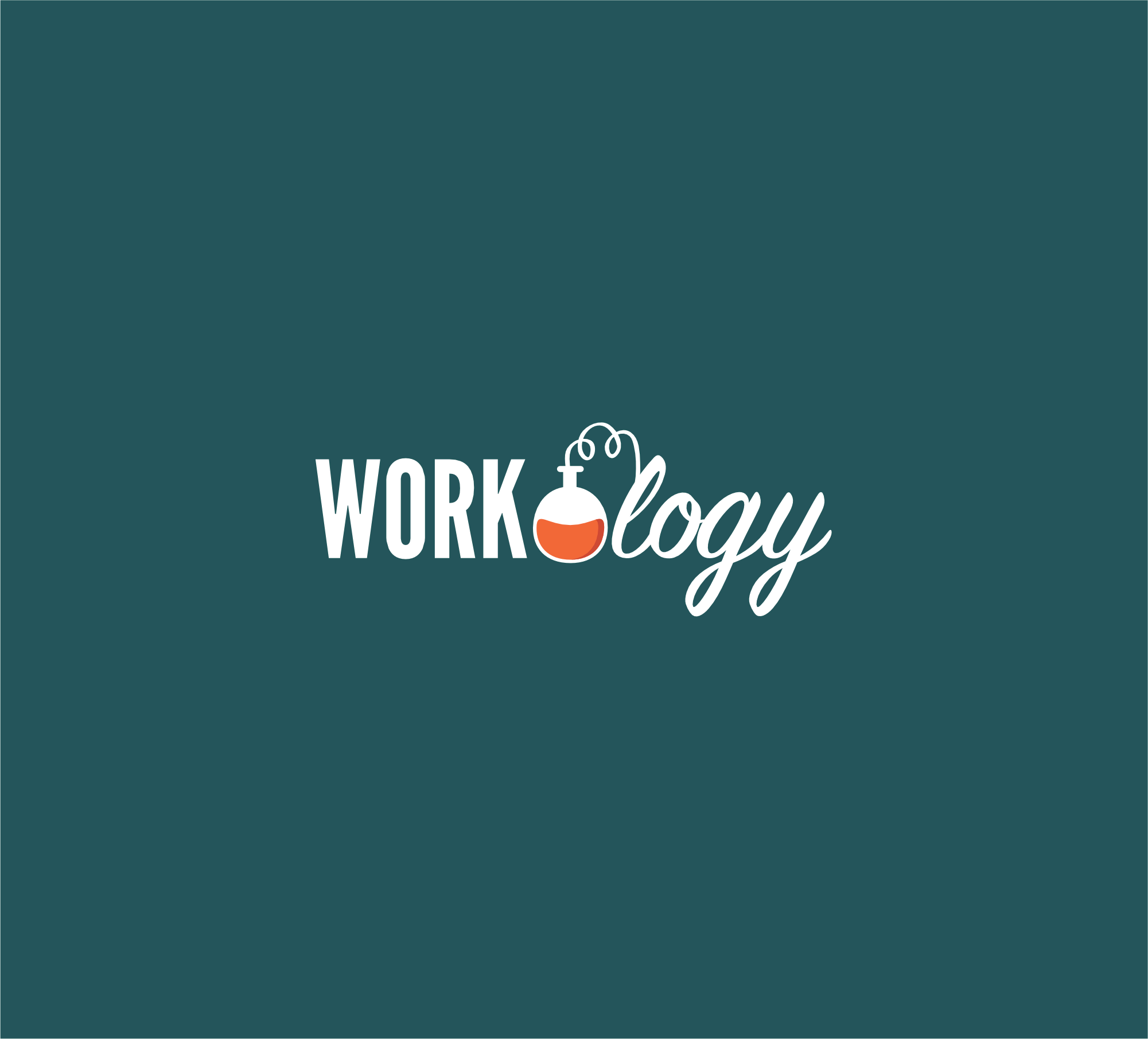With an increasingly competitive talent market, rapidly evolving employee expectations, and skills shortages at many companies, it has never been clearer that hiring managers need to rethink how they find, recruit, and retain employees. Yet many companies insist on building their hiring platforms around obsolete strategies such as resume evaluation and unstructured interviews – a sure way to overlook qualified candidates, undermine diversity and inclusion efforts, and lose the battle for top talent.
While hiring managers face many obstacles, they also have access to powerful, data-driven methods for identifying talent – from pre-employment assessments to structured interviews. No matter what resources your HR team deploys, the development of an evidence-based hiring platform has become a prerequisite for any company that wants to build and maintain a competitive workforce in an era of high turnover and constantly shifting talent pools.
Traditional hiring methods can’t meet today’s challenges
There were 11.3 million job openings in the United States at the end of January – a number that has been surging as an unprecedented proportion of employees leave their companies. This mass exodus has become known as the “Great Resignation,” and it’s being driven by a range of factors – from greater labor mobility to rapidly shifting employee demands.
Companies have to be capable of hiring the right employees quickly and at scale. This means broadening their talent pools, cutting time-to-hire, and onboarding employees who will improve the company’s culture, increase diversity, and drive productivity. Traditional hiring methods are inefficient and bias-prone – they fail to predict employee success and filter out promising candidates, which is why companies should focus on moving toward more objective, reliable, and inclusive hiring platforms.
Building a healthy and diverse culture right from the start
According to a recent PwC survey, more than two-thirds of company leaders and employees say workplace culture is more important than strategy or operations. One key element of a healthy culture is diversity – 76 percent of job seekers say a diverse workforce is a critical factor when considering whether to take a job. But many hiring platforms make it difficult for companies to establish healthy and diverse cultures, as they’re incapable of evaluating candidates objectively and they don’t actively identify skills and traits companies want.
Instead of relying on experience, education, and other lines on a resume – hiring criteria which are notoriously susceptible to racial and gender discrimination – companies should focus on evidence-based hiring methods which can quickly and reliably bring the right people on board.
It’s time to hire differently
Decades of research in organizational psychology have yielded a broad consensus about some of the traits that are most predictive of employee success: problem-solving ability and work ethic are not surprisingly very reliable talent signals. Despite the fact that techniques like administering pre-employment assessments and conducting structured interviews are the most effective ways to find candidates who possess these attributes, many companies still prefer to use hiring strategies that haven’t changed in decades: scanning resumes and conducting unstructured interviews that are compromised by subjectivity.
At a time when the competition for talent has never been stiffer, diversity has become crucial for business success; and for HR teams who are under increasing pressure to get the right people in place as quickly as possible, replacing antiquated hiring methods with more evidence-based approaches is more important than ever.









